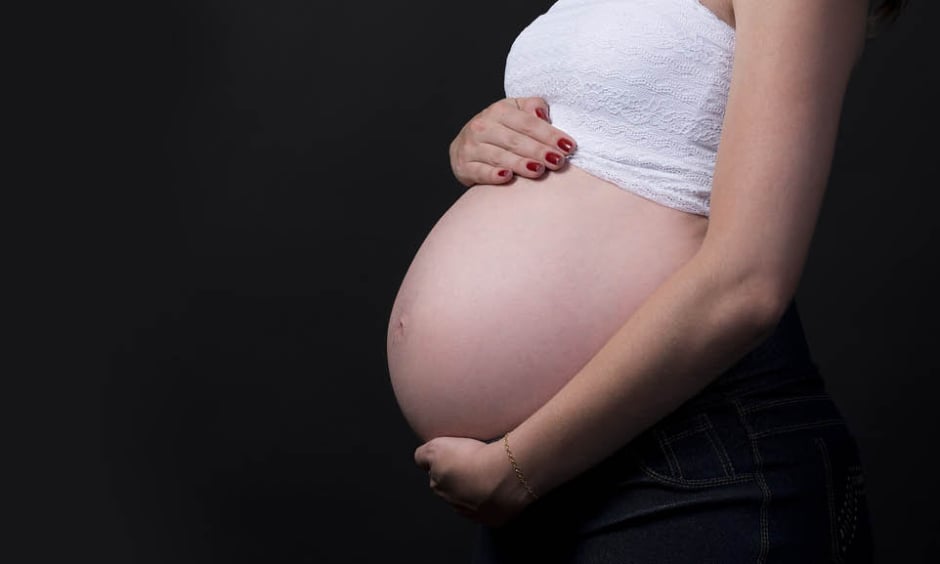IN VITRO FERTILISATION has become significantly more frequently used since the birth of the first IVF baby in 1978. Alongside this growth has come the opportunity to answer questions about potential health risks associated with the procedure. In this study, researchers from the University of Minnesota, Minneapolis, Minnesota, USA, set out to tackle the question of whether the incidence of childhood cancers differed between children who were conceived via IVF and children who were conceived naturally.
The researchers conducted a population-based cohort study comprising 275,686 children conceived via IVF (49.1% girls and 50.9% boys) and 2,266,847 children who were conceived naturally (49.2% girls and 50.8%). There were a number of findings:
- The overall cancer rate was 251.9 per 1,000,000 person years in the IVF cohort and 192.7 per 1,000,000 person years in the non-IVF cohort. This equated to an overall cancer rate that was around 17% higher in the IVF cohort (hazard ratio: 1.17; 95% confidence interval: 1.00–1.36).
- The researchers highlighted that the rate of hepatic tumours was >2.5 times higher in the IVF cohort than the non-IVF cohort (hazard ratio: 2.46; 95% confidence interval: 1.29–4.70).
- However, the incidence rates of other cancers were not found to be different between the two cohorts.
- Additionally, no associations were found amongst cancer incidence rates and specific IVF treatment modalities or indications for IVF.
The researchers noted that because of their study’s design, they were unable to determine whether IVF was the underlying factor behind the increase in hepatic tumours. Prof Logan Spector, University of Minnesota, commented: “There may be an increased risk of one class of cancers in children; however, due to the nature of our study, we could not distinguish between IVF itself versus the parents’ underlying infertility.” Based on these results, continued follow-up for cancer should still be conducted for children conceived via IVF.








